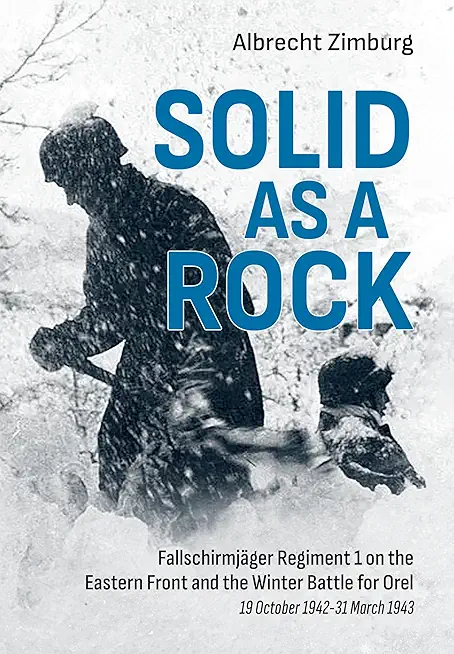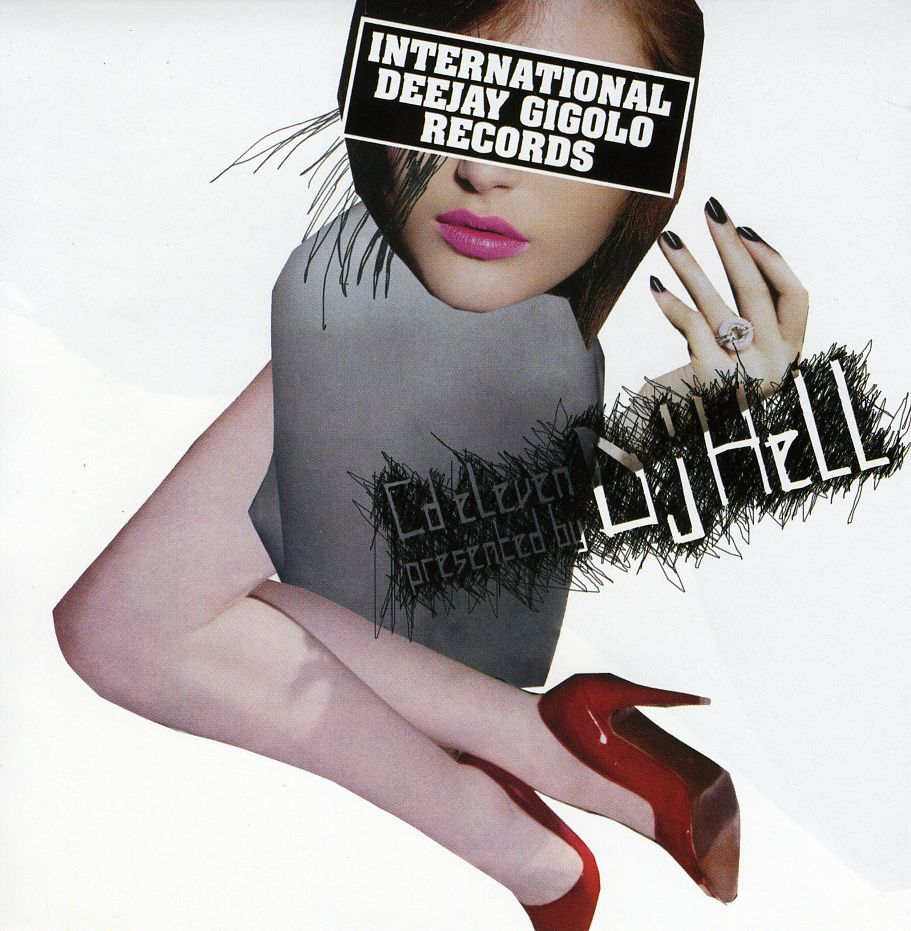
"The Jesus Lizard Book is a beautiful document of a band that wasn't afraid to be abrasive, chaotic, brutal, and sometimes, ugly." --The Chicago Tribune/Printer's Row
The Jesus Lizard Book is a coffee table affair of exclusive photography, art, and other imagery with written pieces by all four members of the seminal indie rock band the Jesus Lizard. The layout is stylish and elegant, particularly in contrast with the harshness of much of the band's music. Included are many Polaroids by David Wm. Sims, a delicious recipe by David Yow, a concise list of every show the Jesus Lizard played, and writings by two producers who recorded the band--Steve Albini and Andy Gill. There is biographical material of each member that covers childhood to the demise of the group. Other contributors include Mike Watt, Alexander Hacke, Steve Gullick, Rebecca Gates, Jeff Lane, Sasha Frere-Jones, KRK, Bernie Bahrmasel, and many more.
The Jesus Lizard (1988-1999) hailed from Chicago by way of Austin, Texas. They released seven records on the independent record label Touch and Go, and a few more on different major labels. Many have called them the best live band of the 1990s. Unlike most of their contemporaries, the Jesus Lizard managed to create a beast, an entirely autonomous being, an entity who outgrew and is very likely to also outlive its makers. While each and every personality in the group is an integral part of its mentality and thus ultimately irreplaceable, it is the rapport and friction between them which makes the music possible, allows it to blossom and eventually break free.
It was not just David Wm. Sims's monolithic basslines, but the stance he took in order to deliver them. Like a sailor manning a raft through a storm at high sea, he took position at stage left and pounded away at his instrument--stoic, reliable, and unwavering. Mac McNeilly's drumming didn't merrily serve as a time-giver, but as a display of unrestrained energy and a joyously bouncing, good-natured spirit. Somersaulting patterns and probability-defying breaks were stacked on top of one another, made to tumble and fall only to be caught again, as if a boxer was juggling dishes while pummeling an already delirious opponent. Duane Denison shaped his guitar work like a taxidermist dissecting a puppy. With cruel precision, he stabbed and sliced and inserted the limbs of chord progressions with bolts and rods and wire, smiling dreamily while his riffs danced around onstage like biomechanical freaks of nature. Then there was the man who is the embodiment of the band's name, the tormented soul thrown about and struggling to withstand the torrent in the tornado of the music: David Yow spilled his insides while he spent most of the shows in--no, on--the audience, being lifted and carried by the masses that were groping and ripping at him, trying to be a part, greedily looking to get a piece of the action. He was the ingenious saboteur, the anarchistic oddball in this form of modern theater with the other three serving as the perfect "straight men" to his madness.







